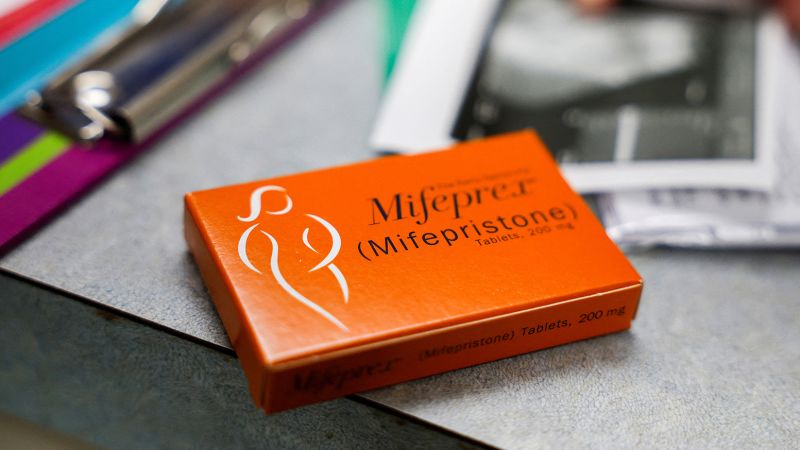The Supreme Court case involving the abortion pill mifepristone focuses on the testimony of 11 anti-abortion doctors and advocates who claim their practices have been impacted by complications from the drug. These doctors have a history of advocating against abortion and are at the center of a lawsuit challenging the FDA’s authority to expand access to mifepristone. The case questions whether these doctors have standing to sue and whether they have actually been harmed by the drug.
The lawsuit challenges the FDA’s approval of mifepristone and its efforts to make the drug more accessible. The case has significant implications for abortion access in the US, as medication abortions account for a majority of all abortions. Defenders of the FDA’s regulations argue that the looser rules provide more access to rural patients and protect the privacy of those seeking an abortion. The Supreme Court’s decision could impact abortion access more broadly and potentially lead to longer wait times for in-person abortions.
The lower courts have allowed the case to proceed, despite criticism over the doctors’ standing to sue. The doctors and groups involved in the lawsuit claim that their practices have been negatively impacted by the availability of mifepristone and that they have a right to challenge the government’s policy. The outcome of the case could have far-reaching consequences for abortion rights and access across the country.
The doctors involved in the case have submitted declarations outlining instances where they have treated patients with complications from mifepristone. These declarations have been central to establishing the plaintiffs’ standing to challenge the FDA’s regulations. However, critics argue that the evidence presented by the doctors is vague and lacks sufficient legal grounding to support their claims of harm.
The Supreme Court is being asked to consider whether the doctors and advocacy groups have standing to challenge the FDA’s regulations on mifepristone. The case raises questions about the court’s approach to standing and could have implications for future challenges to government policies. The outcome of the case will also have significant effects on abortion access and the legal landscape surrounding reproductive rights in the US.
The case has attracted attention due to the controversial nature of the topic and the potential implications for abortion access. The involvement of anti-abortion doctors and advocates has sparked debate over the validity of their claims and the impact of their testimonies on the legal proceedings. The Supreme Court’s decision on the case could have lasting effects on reproductive rights and access to abortion medication in the future.


